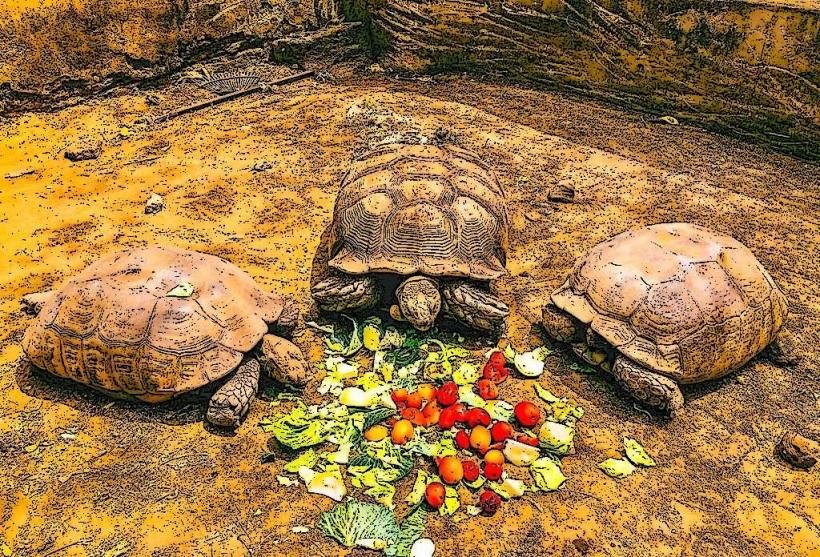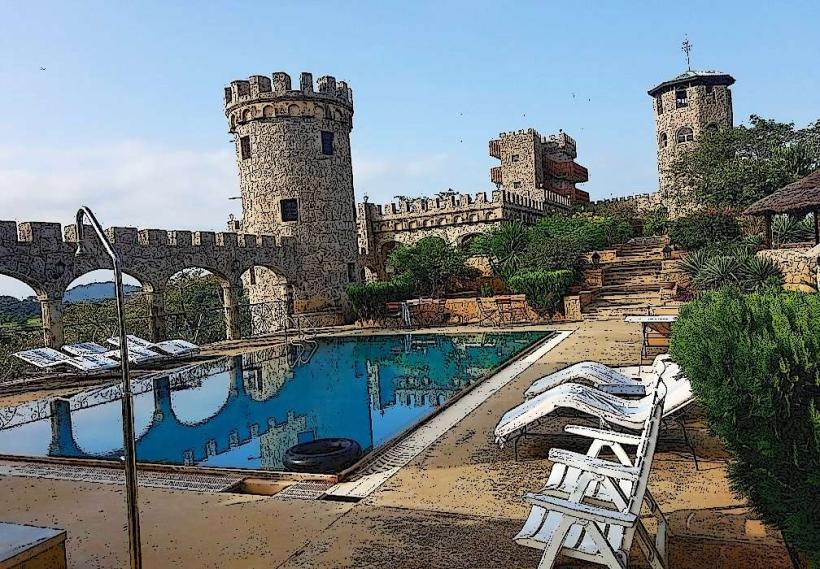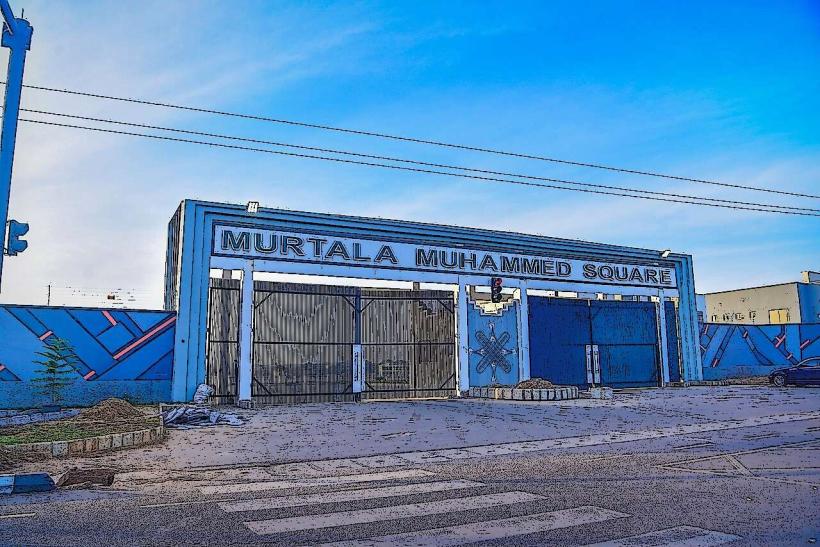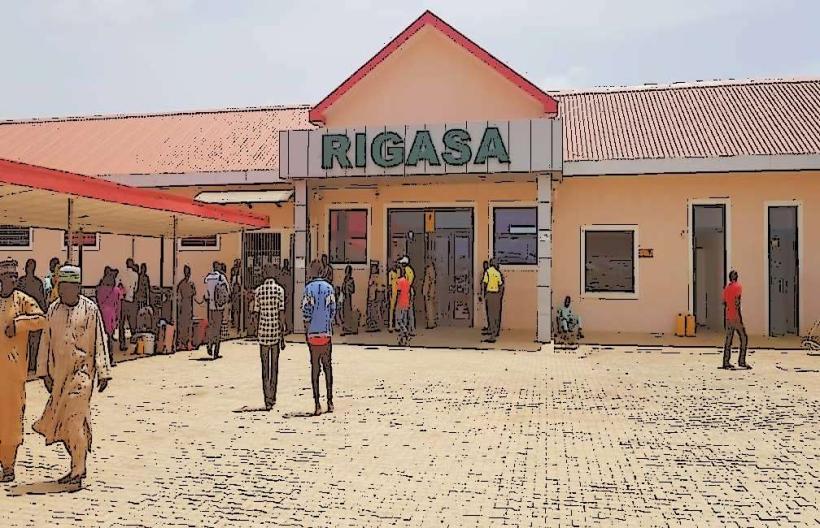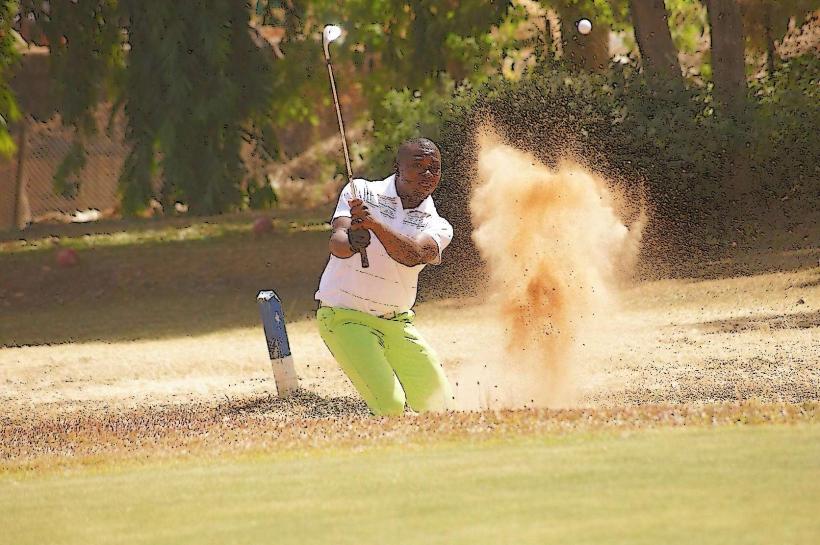Information
Landmark: National Museum KadunaCity: Kaduna
Country: Nigeria
Continent: Africa
National Museum Kaduna, Kaduna, Nigeria, Africa
The National Museum Kaduna is one of Nigeria's prominent cultural institutions, dedicated to preserving and showcasing the country's ethnographic and archaeological heritage. It is located at 33 Ali Akilu Road, right in the city center of Kaduna, in northern Nigeria. Here's a detailed overview:
1. Historical Background
Founded: The museum was officially opened in 1975.
Origin: The building housing the museum was previously the headquarters of the Northern People’s Congress (NPC), an important political party in Nigeria’s First Republic. It was donated to the museum by the North Central State Government (now Kaduna State).
2. Museum Structure and Layout
The museum is structured into several distinct sections:
a. Archaeological Section
This section includes artifacts that date back thousands of years, with a heavy focus on the Nok Culture, one of the earliest known civilizations in Sub-Saharan Africa.
Notable items:
Nok terracotta sculptures, dated between 500 BC and 200 AD.
Prehistoric tools, pottery shards, and iron smelting remnants found from excavations in Northern Nigeria.
Early farming and ritual objects.
b. Ethnographic Section
Displays cultural materials from different Nigerian ethnic groups.
Includes:
Traditional textiles (like Hausa and Tiv weaves).
Masks and ritual objects used in ceremonies.
Musical instruments such as drums, flutes, and gongs.
Domestic tools, farming implements, weapons, and jewelry.
A life-size mock-up of a traditional village setting to illustrate daily life.
c. Crafts Village
A standout feature of the museum.
Located on-site, it serves both as a live demonstration area and a market for traditional crafts.
Artisans demonstrate:
Pottery making
Wood carving
Leatherwork
Beadwork
Visitors can purchase handmade souvenirs and interact directly with the craftsmen.
3. Educational and Cultural Significance
The museum plays a key role in public education through school field trips and cultural outreach programs.
It supports research into Nigerian history and anthropology.
It's a resource center for historians, students, and scholars interested in Northern Nigerian traditions and pre-colonial societies.
4. Visiting Information
Opening Days: Monday to Friday
Hours: 8:30 AM – 4:00 PM
Closed: Weekends and public holidays (though this can vary with special events)
Admission Fee: Usually a nominal fee; subject to change based on visitor category (student, adult, foreigner).
Photography: Often restricted inside, especially around archaeological displays.
5. Challenges and Preservation Efforts
Like many public museums in Nigeria, it faces challenges such as:
Limited funding
Aging infrastructure
Lack of digitalization
However, the museum staff and affiliated organizations continue to push for modernization, better conservation practices, and expanded exhibitions.
6. Relevance to Northern Nigeria
It is the primary museum in the northern region and complements the more famous National Museum in Lagos.
It reflects the cultural diversity of the Hausa-Fulani and other ethnic groups in the region.
The National Museum Kaduna stands as a valuable cultural hub that not only preserves Nigerian heritage but also educates the public on the richness of its traditions, artistry, and ancient civilizations.

